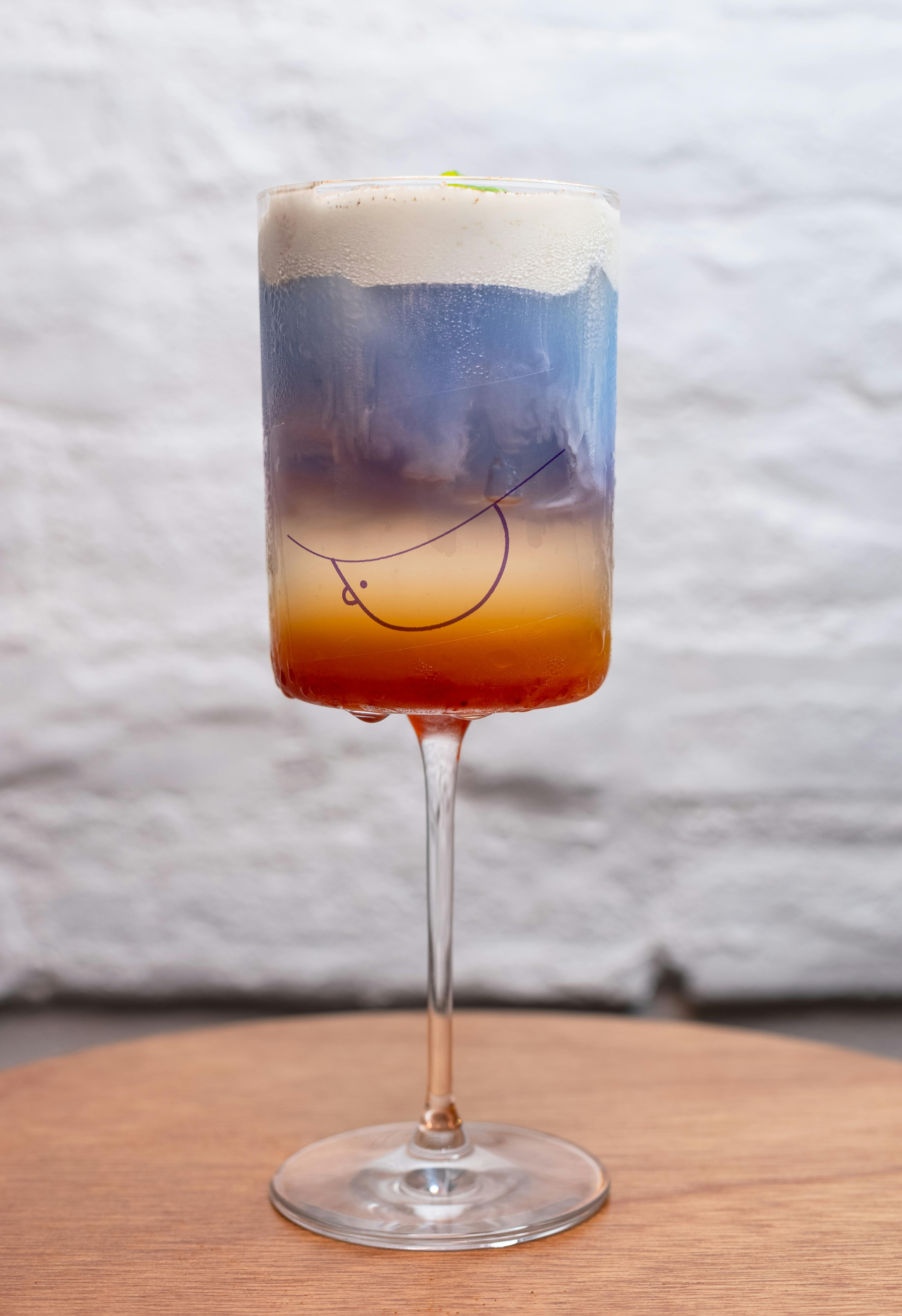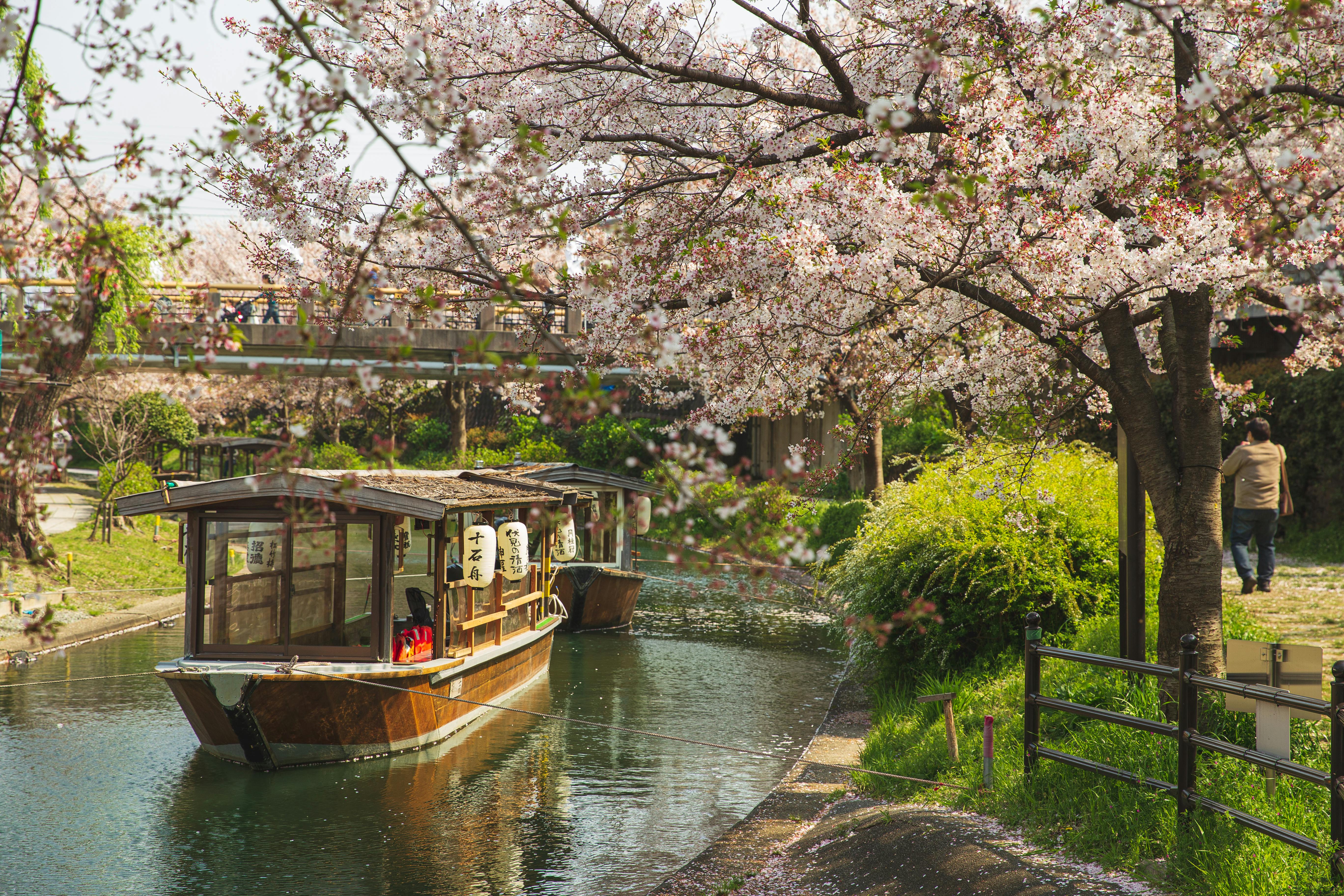Redefining the Cocktail Hour: Exploring Non-Alcoholic Mixology
Cocktails, those delightful concoctions that marry flavors in an elegant dance, have long been a staple of social gatherings and fine dining. But what if you want the experience without the alcohol? Welcome to the world of non-alcoholic mixology, a rapidly growing trend in the food and beverage industry.

The Rise of Alcohol-Free Mixology
With the increasing popularity of health-conscious lifestyles, the demand for non-alcoholic beverages has grown. People want to enjoy the flavor and complexity of cocktails without the potential negative effects of alcohol. This demand has given rise to an innovative field: non-alcoholic mixology. These “mocktails” are no longer just sugary sodas or fruit juices, but carefully crafted beverages that rival their alcoholic counterparts in terms of complexity and flavor.
Unveiling the Art of Non-Alcoholic Mixology
Non-alcoholic mixology involves the same principles as traditional cocktail crafting: balance, presentation, and quality ingredients. However, it brings an added challenge: how to create depth and complexity of flavor without relying on the inherent characteristics of spirits. This calls for inventive combinations of fresh fruit juices, herbs, spices, and even non-alcoholic distilled spirits.
Non-Alcoholic Distilled Spirits: A Game Changer
A recent innovation in the field is the introduction of non-alcoholic distilled spirits. These products, such as Seedlip and Lyre’s, are carefully crafted to mimic the flavors of gin, rum, whiskey, and more. They offer a new dimension to non-alcoholic mixology, allowing mixologists to create mocktails that truly resemble classic cocktails in taste and feel.
Experimenting with Global Flavors
One exciting aspect of non-alcoholic mixology is the opportunity to experiment with flavors from around the world. From the smoky sweetness of Mexican tamarind to the floral notes of Middle Eastern rose water, these global influences can add an exotic twist to your mocktails. Incorporating these unusual ingredients allows mixologists to continually push the boundaries of what a non-alcoholic beverage can be.
Tips for Crafting Your Own Mocktails
- Start with quality ingredients: Fresh fruit and vegetable juices, high-quality teas, and homemade syrups can make a significant difference in your mocktails.
- Think balance: Like in any cocktail, balance is key. Pay attention to the interplay of sweet, sour, bitter, and salty.
- Don’t forget the garnish: A thoughtful garnish can elevate your mocktail from good to great. It’s not just about aesthetics; the right garnish can also enhance the drink’s aroma and flavor.
Non-alcoholic mixology is a testament to the limitless possibilities of food and drink. It goes to show that, with creativity and innovation, we can create experiences that challenge conventions and redefine norms. So next time you host a cocktail hour, why not include some meticulously crafted mocktails on the menu? Not only will you cater to a wider array of preferences, but you’ll also introduce your guests to a whole new world of flavors and experiences. Cheers to that!




